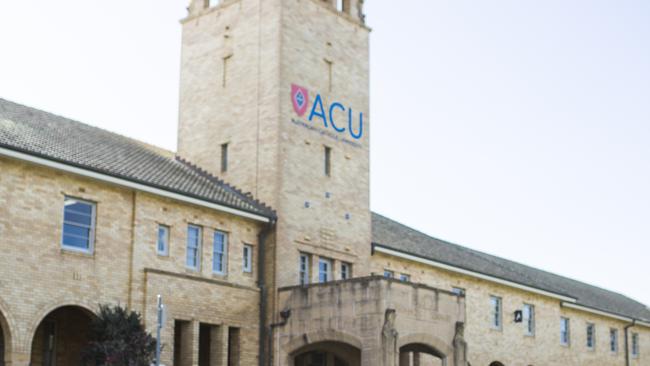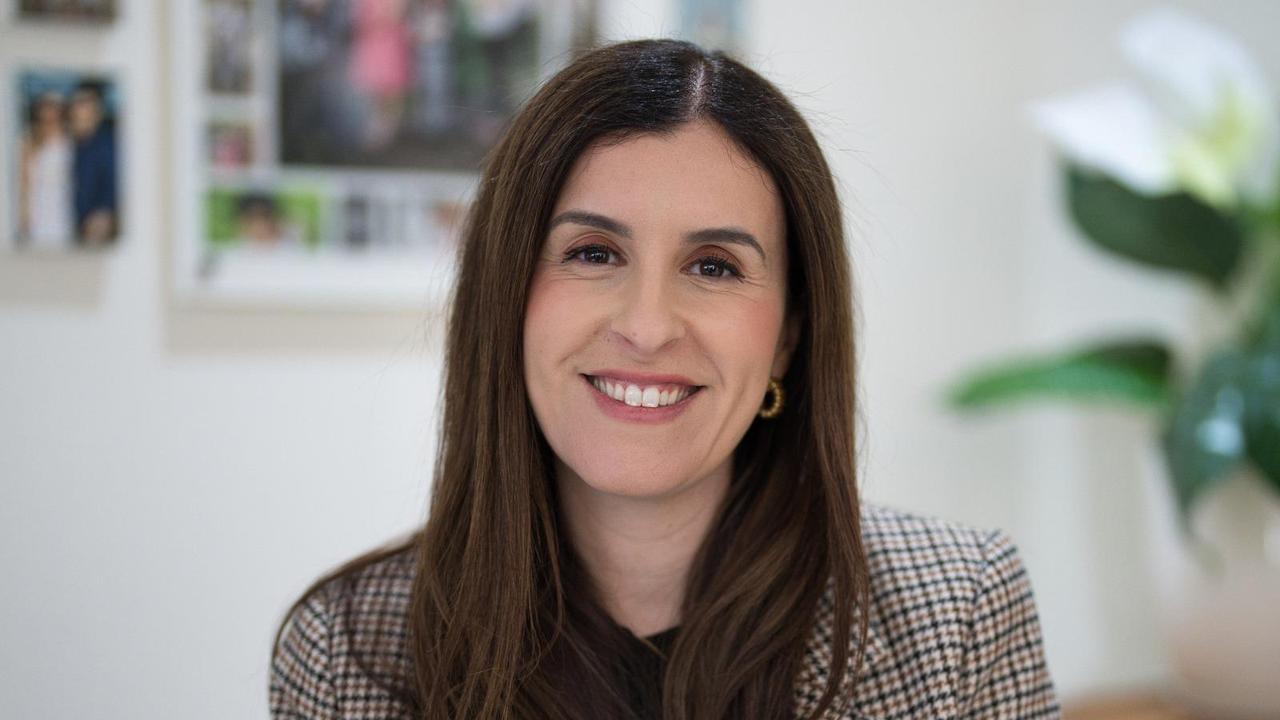Australian Catholic University ‘games system’ on research
The Australian Catholic University hired international academics to “artificially inflate” its research scores.

The Australian Catholic University hired a team of highly paid international academics in order to “artificially inflate” its research scores and did so by exploiting a loophole in laws designed to get mothers back to work.
The Australian can reveal the ACU has employed at least 16 “professorial fellows” and other international academics on the absolute minimum requirement of 0.4 full-time equivalent which, under the federal government’s Excellence in Research Australia program, allows the overseas-based researchers’ entire published output to count towards the ACU’s ranking.
The strategy is used to varying degrees by other universities in a manoeuvre costing tens of millions of dollars a year but the ACU’s blitz on foreign hires has come under scrutiny and prompted a complaint by a staff member to the Australian Research Council.
“In the years leading up to its 2015 ERA submission, ACU hired a number of very prominent philosophers from overseas with the primary intention of ‘using’ the impressive publication records of these philosophers to boost its ERA ranking,” the complainant writes.
The university hired Robert Audi from the University of Notre Dame in the US, Eleonore Stump from Saint Louis University, Stephen Evans from Baylor University and Claude Romano from the University of Paris IV.
“Their connection and engagement with ACU is minimal,” the complainant adds. “This is ... a serious anomaly, if not an element of dishonesty, in an ERA submission that seeks to artificially inflate the quality of its research output by making use of overseas scholars who are not genuinely connected to the academic life of the university.”
Education Minister Simon Birmingham said the allegations were “concerning”.
“Universities have legal and ethical obligations to their students and to taxpayers to be honest about their research practices rather than trying to game the system,” he said. “I’ve asked the Australian Research Council to investigate to determine if any further action needs to be taken to ensure the integrity of ERA scores.”
The ERA scheme had a census date in March this year, meaning all part-time overseas professors on the books of universities had all of their published research from 2011 to 2016 counted towards the ranking of Australian organisations.
There are about 11 visiting professors and researchers at the ACU’s Mary MacKillop Institute for Health Research, which has faced an exodus of local staff in the three years since it was launched.
Other comparable universities do not rely on overseas 0.4 FTE professors. The University of South Australia had just two on its books for the 2015 ERA, as did Western Sydney University. The Australian National University has fewer than six international appointees and a spokesman said “the number is so small it has no statistical impact on rankings”.
The ACU pays its overseas professors between $70,000 and $100,000 a year and business-class travel to Australia if they travel here.
An internal review by the ACU criticised the strategy. “If ACU’s improvement is to be sustained, it cannot only be as the result of the activities of the established elite,” the review says.
Deputy vice-chancellor (research) Wayne McKenna said “the recruitment of overseas academics” was part of the university’s “strategy of building research excellence through international partnerships and collaboration in a small number of high-quality research clusters”.
He declined to say how many such professors had been hired.




